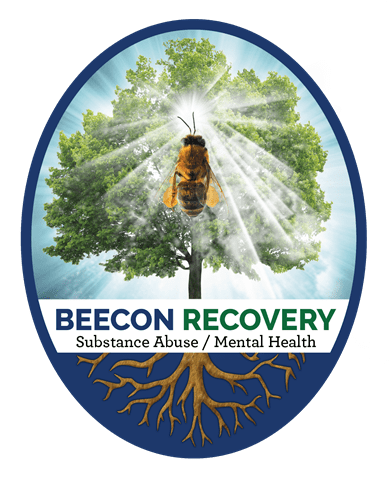Drug rehab therapy sessions can benefit individuals looking to break free from the bonds of addiction. To make the most out of these types of therapy, it is important to take certain steps to maximize success.
The Benefits of Seeking Help
Drug addiction can be a difficult and overwhelming problem to overcome on one’s own. Seeking therapy sessions with a qualified health practitioner is an effective way to help manage drug addiction’s physical, emotional, and behavioral issues. Therapy sessions allow one to talk about personal problems in a safe and supportive setting.
Therapy helps individuals develop coping strategies for managing cravings associated with drug use and offers techniques for treating any underlying mental health or trauma-related disorders that may have contributed to the individual’s substance abuse disorder. With the guidance of a therapist, individuals can learn how to recognize triggers in their environment that contribute to their drug use and how to avoid them.
Therapy also helps build self-esteem, which can be critical to overcoming addiction. A therapist can provide the support and guidance needed for individuals to break free of addictive patterns and develop healthier behaviors. Additionally, therapy sessions may include family members or friends so they can better understand the dynamics of addiction and provide additional support outside the therapy sessions.
Steps Towards A Successful Rehabilitation
The first step in any successful drug rehab program is to seek professional help. This means working with a qualified therapist or counselor who can provide guidance and support throughout the process. Having access to this type of help ensures that an individual has someone who understands their challenges and can offer important advice along the way.
The second step involves setting achievable goals within the rehab program. These goals should include short-term objectives such as staying sober for one week and longer-term plans like attending weekly support meetings. Achieving these goals can help individuals stay motivated and on track with their journey to sobriety.
The third step is creating a strong support system for the individual in recovery. This includes friends, family, or other supportive people who can provide emotional strength and encouragement during tough times. It is also important to create personal boundaries around oneself that allow for healthy communication between all parties involved in the recovery process.
Finally, remaining open-minded about the drug rehab program and willing to try new things is essential. It may take some time to find what works best for them, but being open-minded allows an individual to explore different options without feeling like they have failed if something does not work out.
By taking these steps, individuals can make the most of their drug rehab therapy sessions and increase their chances for successful recovery. It is important to remember that every journey to sobriety is unique, and it may take time before one finds what works best for them. With patience and dedication, however, lasting sobriety can be achieved.






